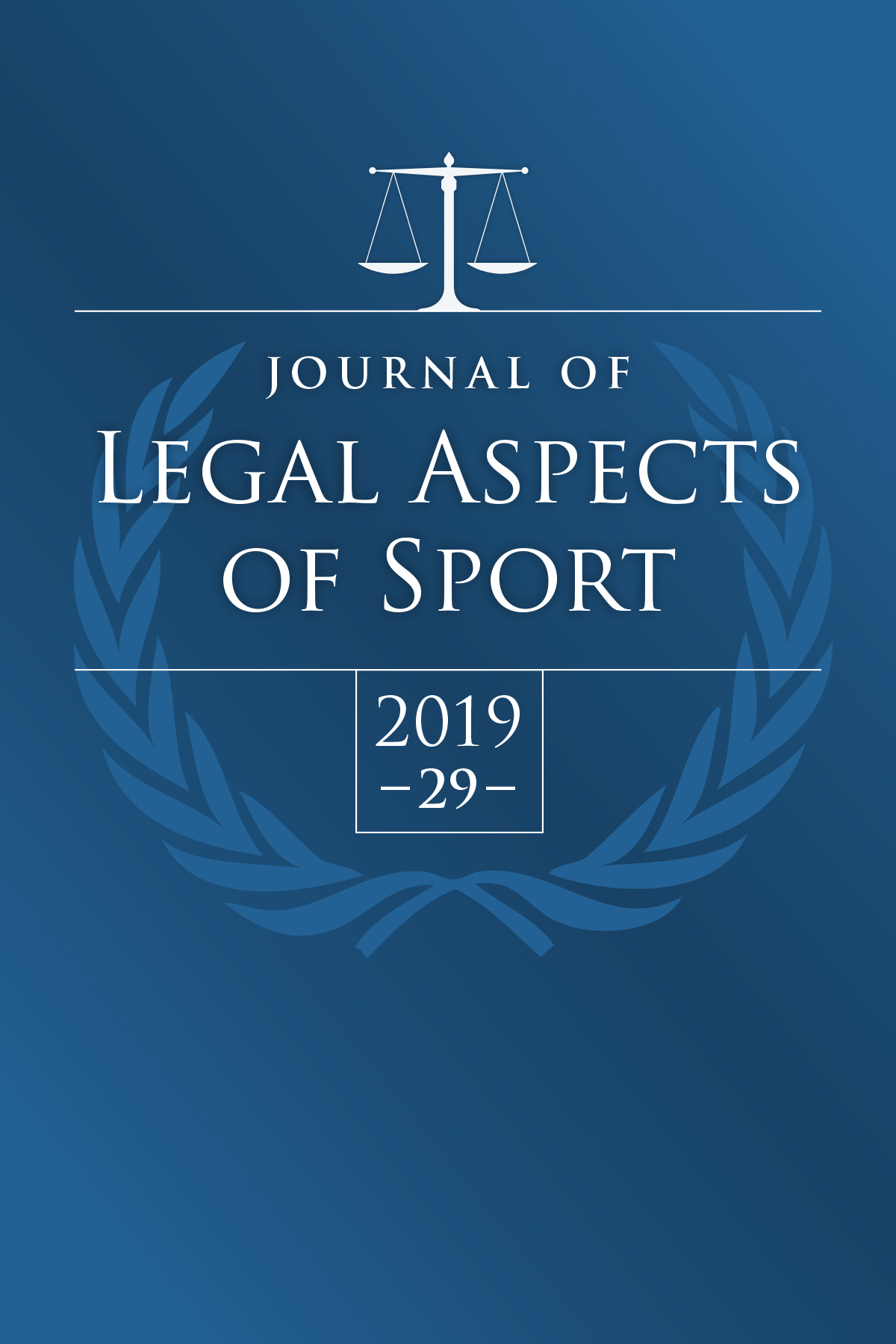Out of Bounds: A Critical Race Theory Perspective on ‘Pay for Play’
DOI:
https://doi.org/10.18060/22894Abstract
Under the amateur/education model, the amount that colleges and universities can provide to their student/athletes is limited to the athlete’s cost of attending their institution. While this model makes sense for most college sports, NCAA Division I Football Bowl Subdivision and Division I men’s basketball tend to generate almost all the revenue to fund their institution’s entire athletic programs, as well as the revenues received by the NCAA. Added to this is the realization that a majority of the elite athletes in these two revenue-generating sports are black. Thus, as revenues generated by these sports has escalated, a contentious debate has raged for over 30 years about the potential racial exploitation of the application of the amateur/education model to these two sports. Both sides of this debate tend to see the issue of racial exploitation in terms of dividing the revenues between the athletes or the NCAA and its member institutions. Either the institutions receive more of the funds to use as they see fit or more of the revenues are provided to the athletes—probably at the expense of the amateur/education model. This article attempts to reformulate this debate about racial exploitation by focusing on the interest of the entire Black community, not just the interest of the elite black male athletes. By taking the Black community’s perspective, a different view of the issue of racial exploitation and, more importantly, potential solutions to the dilemma emerge. In order to counteract the charge that the amateur/education model is potentially racially exploitive, the NCAA and its member institutions could also institute and fund massive programs that would increase the college attendance and graduation rates for the entire Black community. Admittedly, these programs would have to be tailored in such a way as not to run afoul of the current interpretations of anti-discrimination laws, but that is possible.

